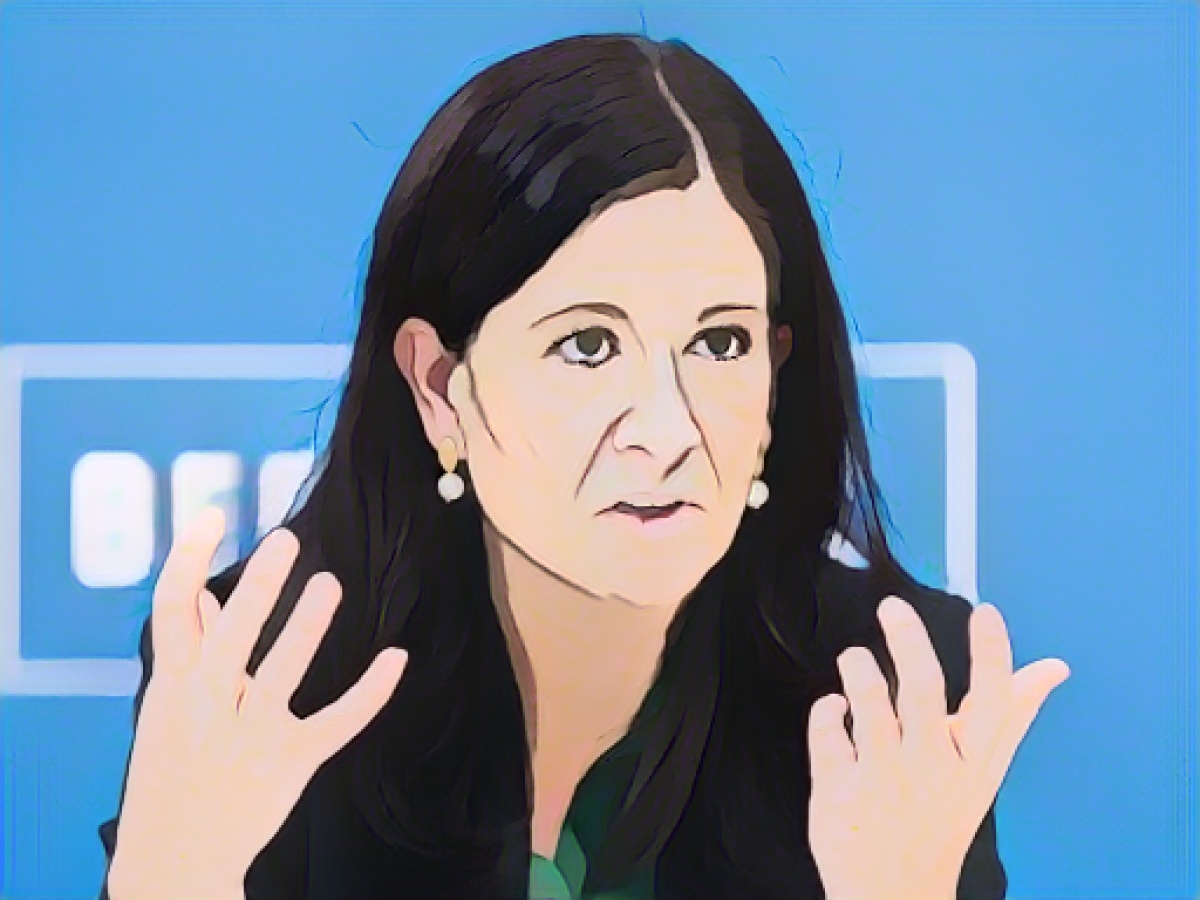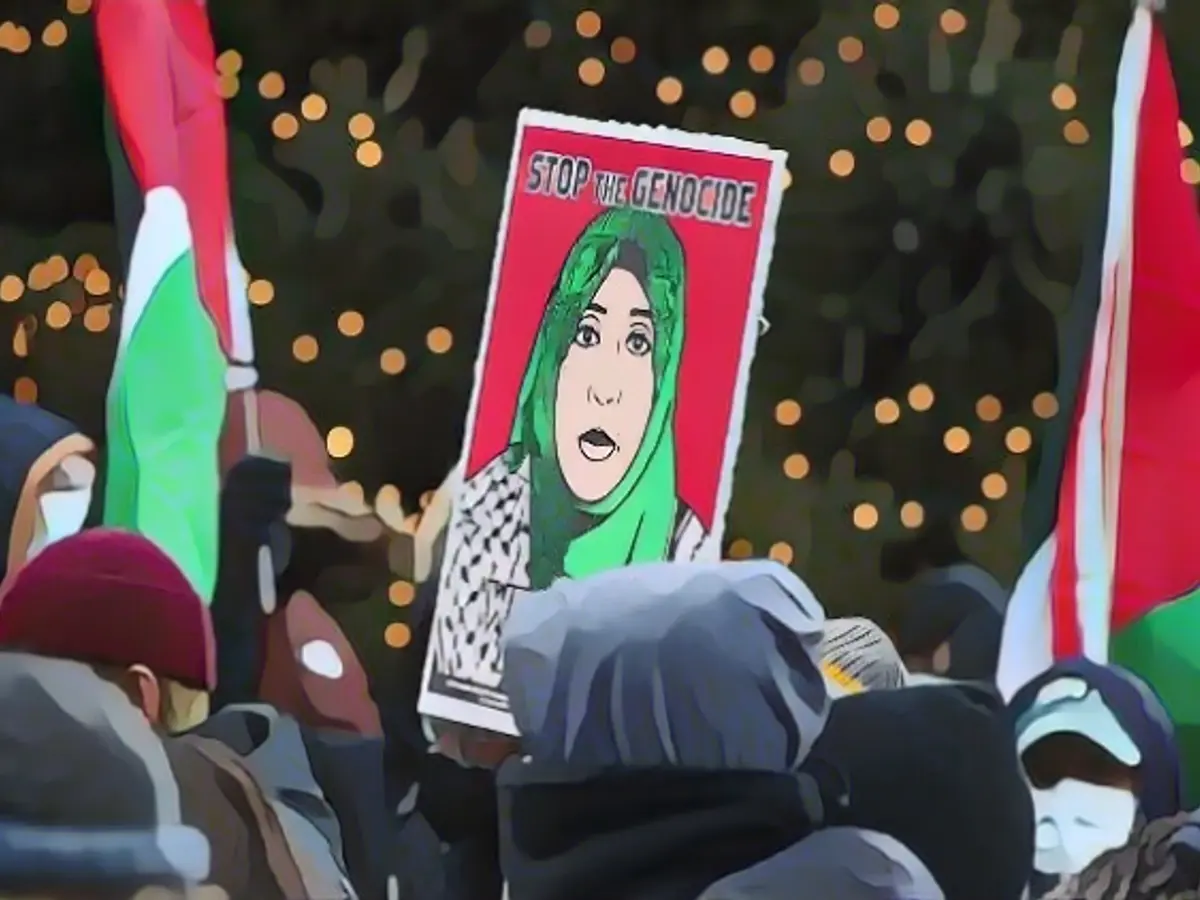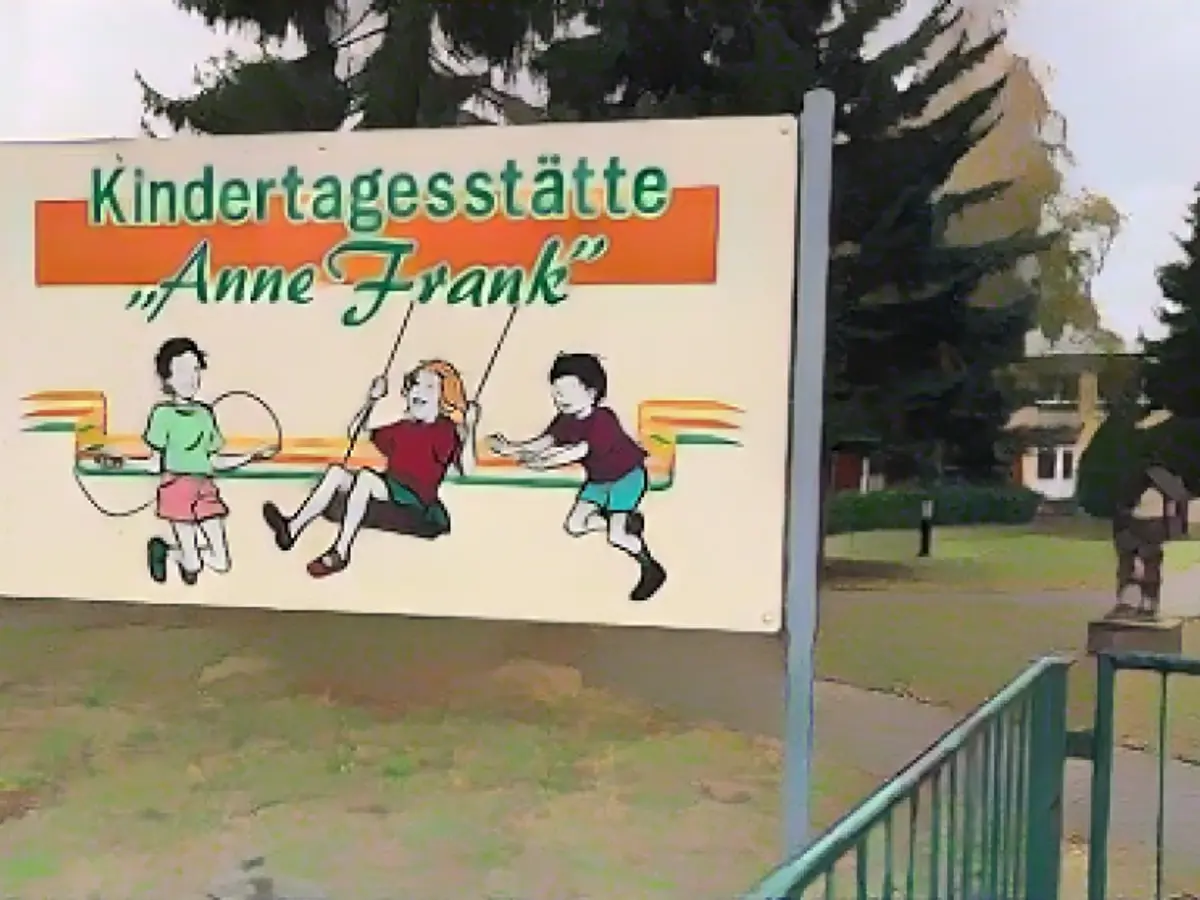SchoolING Gaza War into the Classroom: An Imperative Approach
The education administration in Berlin strongly advocates discussing the conflict between Israel and Hamas in the classroom, emphasizing its significance among school-going students. According to the Senate Department for Education, engaging with the issue, subsequent debates, and exchanging varied viewpoints in a classroom setting is not only allowed but highly encouraged. And to aid this process, they have already equipped schools with relevant suggestions, online training courses, and resources.
It's critical for schools to facilitate dialogues that encourage pupils to collaborate and consider diverse perspectives on the Gaza Strip conflict, which has long seeped into classrooms and playgrounds. As a testament, a violent altercation between a student and a teacher at a secondary school in Neukölln soon after the Hamas terror attack occurred.
Recognizing the charged atmosphere in schools throughout Germany, the education administration supports schools in accessing external resources like democracy education, anti-Semitism prevention, and Middle East conflict explanations. In extreme cases, schools can engage with the police prevention officer to safeguard school peace.
Moreover, the administration is actively engaged with local districts and the Finance Senator for Education in enhancing security measures. Upon request, schools can seek security assistance when needed.
Bringing the Gaza war into the classroom setting can help students process complex conflicts and comprehend controversial topics. However, the surge of anti-Semitic incidents in schools, largely fueled by the conflict, warrants close attention. Schools must, thus, prioritize anti-Semitism prevention measures and avail externally driven support.
Integrating the Gaza war into education necessitates a thoughtful and comprehensive approach. Strategies that contribute to this objective include:
- Holistic Education:
Incorporating the historical context of the Israeli-Palestinian conflict and its ramifications on Gaza's education system can help students grasp the intricacies of the issue. By emphasizing the humanitarian aspects, including the impact on children, and showcasing the resilience exhibited by organizations like Anera, educators can impart a more balanced and empathetic understanding.
- Addressing Anti-Semitism:
A comprehensive education plan should involve Holocaust education, as well as lessons that shed light on anti-Semitism, its manifestations, and the importance of combating it. This could also include lessons on Jewish culture and identity to encourage empathy and dispel stereotypes.
- Creating a Safe Learning Environment:
Implementing effective bullying prevention policies and ensuring that clear reporting mechanisms are in place can foster a safe learning atmosphere for students.
- Community Engagement:
Inviting guest speakers and collaborating with community organizations can help establish real-world connections and foster a sense of community involvement. Providing professional development opportunities for teachers to enhance their ability to address these complex topics also proves to be beneficial.
By employing these strategies, schools can effectively engage with the Gaza war discussion while simultaneously addressing growing anti-Semitism concerns in schools.








